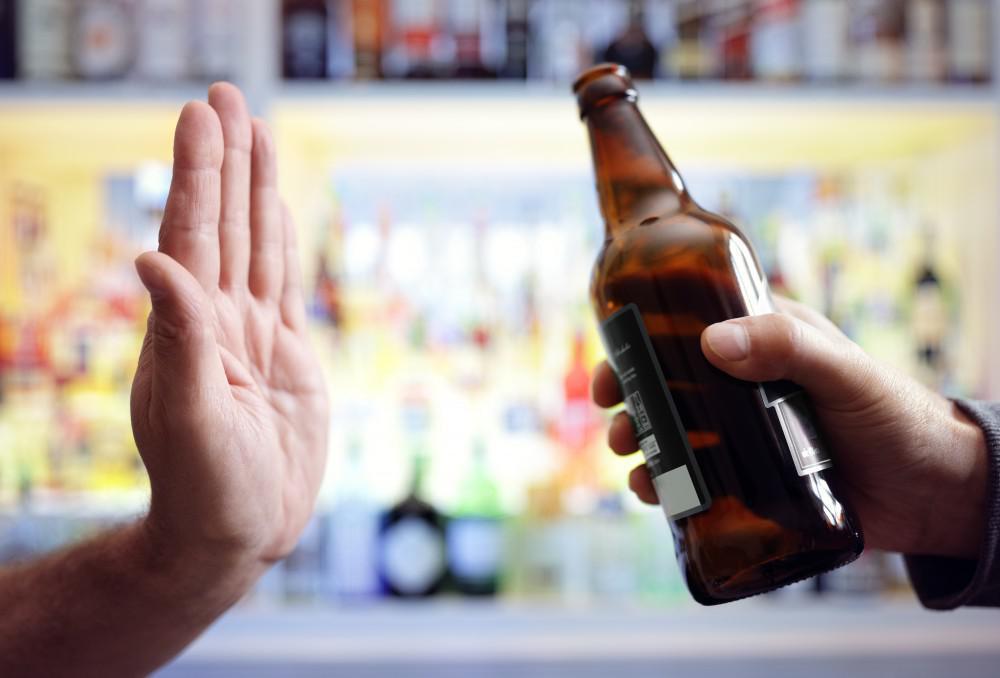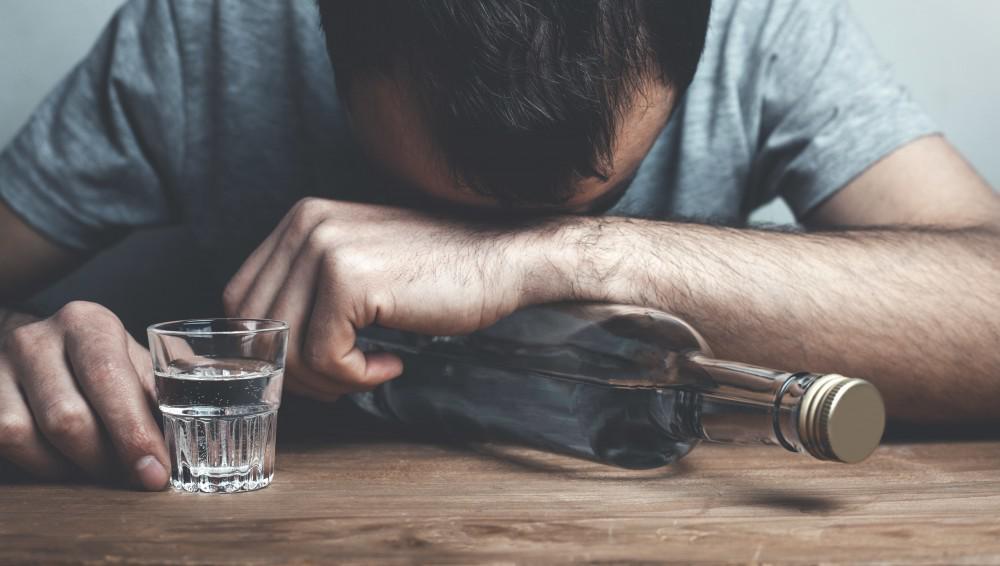
5 Tips for Staying Sober
You’ve done the work to become clean and sober, and you want to do what you can to stay that way. Here are five great tips that will help you safeguard your freedom from a substance use disorder.

You wake up each morning and promise that this is the day that you’re going to take charge of your life and quit using drugs or alcohol. All too soon, your body and brain revolt, creating extremely unpleasant withdrawal symptoms that send you back to your drug of choice for relief.
Instead of trying to go it alone, you can greatly increase your chances of success by engaging the help of detox experts like us.
At Northview Wellness Practice, our team of addiction specialists has extensive experience helping patients detox safely, and more comfortably, from drugs and alcohol. Whether it’s a guided outpatient detox program or an accelerated three-day program, we can successfully get you on the road to recovery.
Here’s a look at why our medically guided detox program is so effective.
When you try to quit drugs or alcohol, you face battles on two fronts: addiction and dependency. Addiction is caused when your brain rewires itself to receive more of your drug of choice, which is what creates the uncontrollable cravings and the inability to just simply quit.
The dependency component refers to the physical side of the equation, which is what leads to the extremely unpleasant, and sometimes life-threatening, withdrawal symptoms.
To illustrate this point about dependency, let’s look at quitting alcohol. In the best case scenario, you may face symptoms that include:
In extreme cases, you may experience fever, hallucinations, and life-endangering seizures.
And the story is no different when it comes to quitting opioids, which can lead to a host of flu-like symptoms, as well as depression and anxiety.
Now, add the addiction component to the mix, which means you’re battling a brain that’s saying you need to have your drug of choice.
The end result is that most people go running back to their substance to relieve the mental and physical misery.
Thankfully, there is a better way, and that’s through our detox program.
As addiction medicine experts, we understand the seemingly insurmountable hurdles to quitting, which is why we’ve designed a detox program that overcomes these hurdles.
After performing a thorough evaluation of your substance use disorder and your health, we tailor a detox program to fit your unique needs. This program typically includes one or more of the following:
The goal of our program is that you detox under our watchful eyes, which allows you to navigate this first hurdle more easily since you have a team of experts who’s with you every step of the way.
The bottom line is that detoxing is difficult under any circumstances, but with our expert guidance, we can ease your way onto the road to recovery, allowing you take back control of your life.
To learn more about our outpatient detox programs, please contact our office by phone or email to set up a confidential consultation.

You’ve done the work to become clean and sober, and you want to do what you can to stay that way. Here are five great tips that will help you safeguard your freedom from a substance use disorder.

The connection between a substance use disorder and a mental health issue is a strong one, as the nearly eight million Americans who have a co-morbidity prove. When this occurs, treating both issues is paramount.

Addiction is a chronic disease that requires constant vigilance and good management. When a person falls short, relapse can occur. If you’re worried that a loved one has relapsed, here are some signs to look out for.

You believe that you’re drinking isn’t normal anymore, and you’re tired of the overwhelmingly negative effects that alcohol is having on your life. The good news is that alcoholism is highly treatable.

The rise in availability of telehealth services has been great news for those who need (or would prefer) to receive quality health care from the comfort of their own homes. These services also extend to substance use disorders.

Whether you’ve tried to break your opioid addiction before or this is your first attempt, why not greatly increase your chances of success with Sublocade®? Here’s a look at how Sublocade can ease your recovery journey.